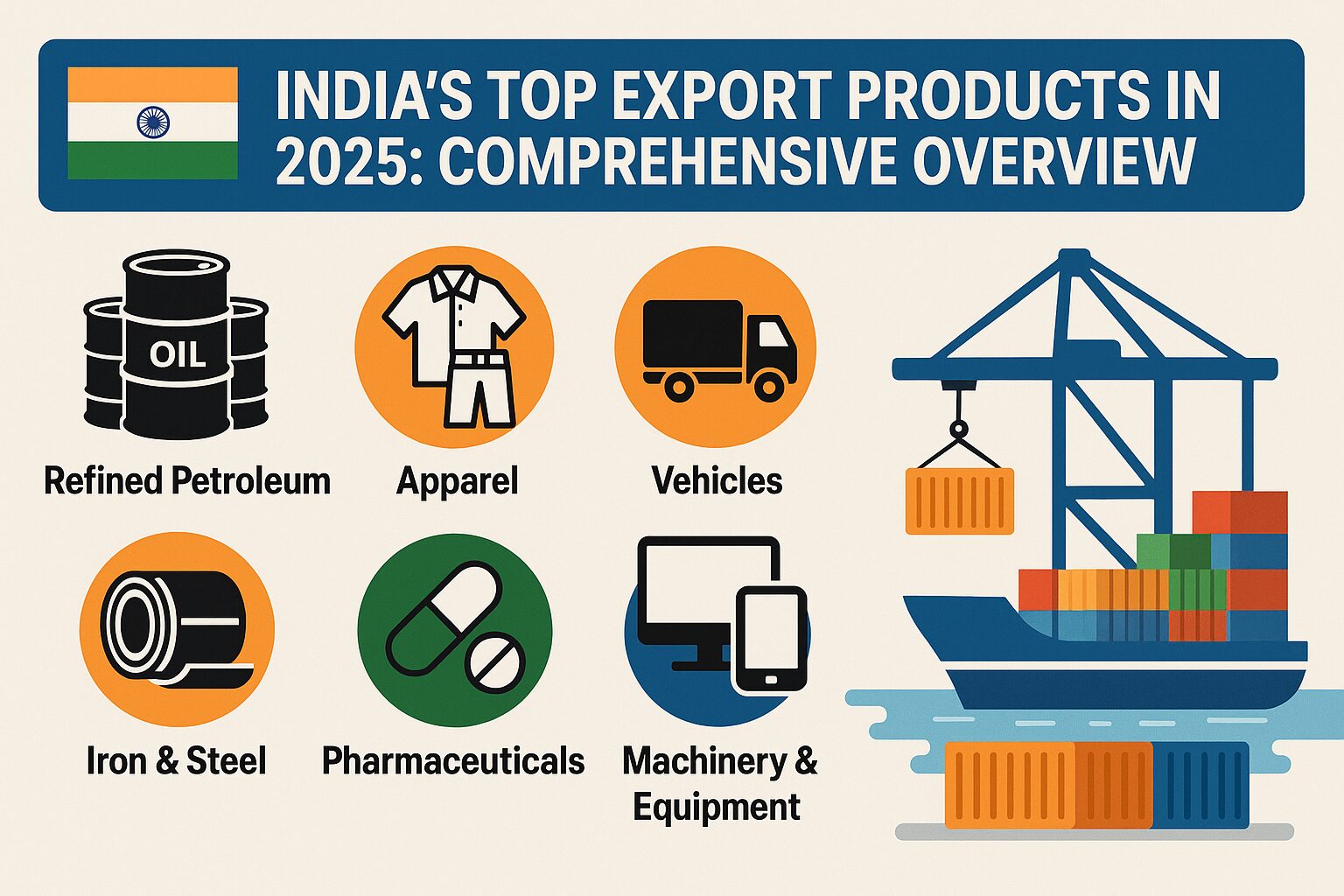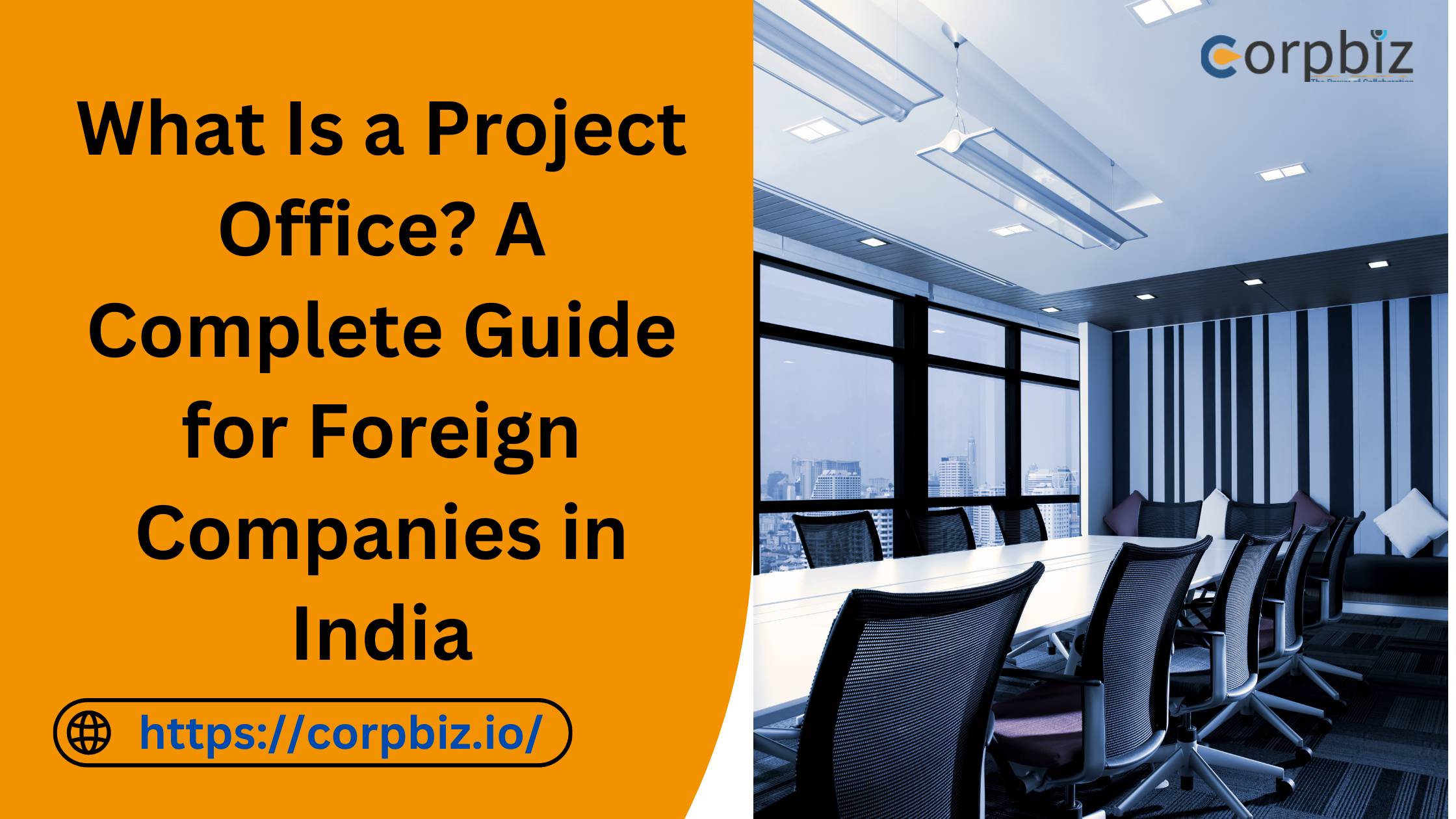
The travel industry is undergoing rapid digital transformation. As businesses strive to meet evolving customer expectations, the demand for robust travel technology solutions has surged. According to recent reports, the global travel technology market is projected to reach USD 20.12 billion by 2033, growing at a CAGR of 7.55% from 2024 to 2033 cite turn 0search 5. Selecting the right travel technology solutions provider is crucial for businesses aiming to enhance operational efficiency and customer satisfaction.
Key Considerations When Choosing a Travel Technology Solutions Provider
1. Industry Expertise
A provider with deep knowledge of the travel industry can offer solutions tailored to specific business needs. Their understanding of industry dynamics ensures that the technology aligns with current trends and customer expectations.
2. Comprehensive Product Suite
An ideal provider offers a range of solutions, including:
- Booking Engines: For flights, hotels, and car rentals.
- Global Distribution System (GDS) Integration: Access to real-time inventory and pricing.
- Customer Relationship Management (CRM): Tools to manage customer interactions and data.
- Mobile Applications: Enhancing customer engagement on-the-go.
Providers like Amadeus and Sabre are renowned for their comprehensive offerings in this space citeturn0search2.
3. Scalability and Flexibility
As businesses grow, their technology needs evolve. A scalable solution ensures that the technology can handle increased demand without compromising performance. Flexibility allows for customization to cater to unique business requirements.
4. Integration Capabilities
Seamless integration with existing systems is vital. The provider should offer APIs and support for integrating with third-party applications, ensuring a cohesive technology ecosystem.
5. Data Security and Compliance
With increasing cyber threats, data security is paramount. The provider should adhere to industry-standard security protocols and comply with regulations like GDPR.
6. Customer Support and Training
Effective implementation requires comprehensive training and ongoing support. The provider should offer resources and assistance to ensure smooth adoption and operation of the technology.
Sure! Here’s the detailed version of the “Evaluating the Provider: A Checklist” section:
Evaluating the Provider: A Checklist
When choosing a travel technology solutions provider, it’s important to assess several technical and business aspects. The right partner can improve efficiency, reduce costs, and support long-term growth. Below is a detailed explanation of the key factors to consider:
1. Experience: Years in the Industry and Client Portfolio
Experience in the travel technology domain matters. A provider with several years in the industry is likely to have solved a variety of challenges. This practical exposure helps them understand both the technical and operational needs of different travel businesses.
- Look for: At least 5+ years of experience, a solid list of past and current clients, and proven success stories.
- Why it matters: Experienced providers are familiar with industry-specific needs, like managing booking engines, integrating Global Distribution Systems (GDS), and handling last-minute itinerary changes.
Example: A provider with experience in building custom travel platforms for tour operators and airlines can quickly identify the most efficient tools for your needs.
2. Technology Stack: Modern and Robust Technologies Used
The provider should use updated and widely accepted technologies that ensure performance, security, and scalability. The tech stack includes programming languages, databases, frameworks, APIs, and hosting environments.
- Look for: Use of modern frameworks like React or Angular for frontend, Node.js or Python for backend, cloud support (AWS, Azure), and secure database systems (like PostgreSQL or MongoDB).
- Why it matters: A modern stack ensures high speed, better integrations, and compatibility with mobile apps and third-party APIs.
Example: Providers using microservices-based architecture and cloud infrastructure offer greater flexibility and performance under high user loads.
3. Customization: Ability to Tailor Solutions to Specific Needs
One-size-fits-all solutions rarely meet the unique needs of every travel business. A capable provider should be able to modify features or build new modules based on your workflow.
- Look for: Custom dashboard development, API integrations, flexible booking systems, and multi-language/multi-currency support.
- Why it matters: Travel businesses often have specialized workflows. A rigid system can limit growth or efficiency.
Example: A tour agency may need integration with a local hotel chain, while a travel aggregator might prioritize global supplier APIs. The provider should be able to deliver both.
4. Support Services: Availability of Training, Maintenance, and Customer Service
Post-implementation support is vital for continuous performance and adoption. The provider should offer training for your team and ensure regular system updates and maintenance.
- Look for: 24/7 technical support, onboarding training, bug resolution policies, and response time commitments in service-level agreements (SLAs).
- Why it matters: Without proper support, even the most advanced system can lead to issues during peak travel seasons or when new features are introduced.
Example: A travel company launching a holiday season promotion may need urgent updates or fixes to handle heavy website traffic and booking volumes.
5. Cost Structure: Transparent Pricing and Value for Money
Travel technology is a significant investment. You need to understand the total cost, including development, implementation, support, and upgrades. Look for providers who offer clear pricing models without hidden charges.
- Look for: Fixed project pricing, monthly/annual licensing options, and pay-as-you-go cloud models.
- Why it matters: Transparency helps you manage budgets, forecast ROI, and avoid unexpected financial strain.
Example: Some providers may offer low entry costs but add charges for basic features like analytics dashboards or customer support. Review every line item in the proposal.
Conclusion
Choosing the right travel technology solutions provider is a strategic decision that can significantly impact a business’s success. By considering factors like industry expertise, product offerings, scalability, integration capabilities, data security, and support services, businesses can ensure they partner with a provider that aligns with their goals and enhances their operational efficiency.






